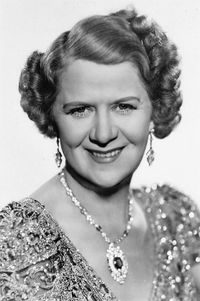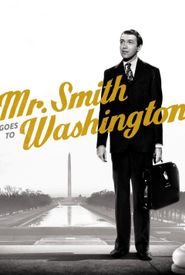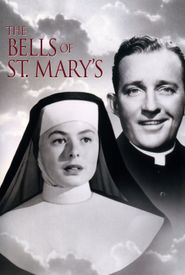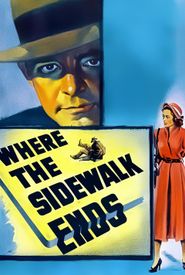Ruth Gordon, a vivacious and effervescent comedic actress, illuminated Hollywood films for nearly three decades with her sharp wit and rapid-fire repartee. Born to a newspaper editor and music critic, Ruth's early career began with a stage debut in the chorus of the touring production 'The Quaker Girl' in 1913.
Four years later, she made her Broadway debut, playing a telephone operator in 'The Scrap of Paper' at the Criterion Theatre. Her subsequent appearances included a ten-month stint in the musical farce 'Going Up' (1917-18),starring Frank Craven and a young Ed Begley. Ruth's notable comic successes were in plays by George M. Cohan, particularly 'A Prince There Was' (1918-19) and 'The Meanest Man in the World' (1920-21).
Ruth's transition to the silver screen was marked by a small role in Rubber Heels (1927). However, it wasn't until the 1929 Wall Street crash that she was enticed to pursue a career in Hollywood, rather than on Broadway. For most of her time in the movies, Ruth played acidulous secretaries, wisecracking friends of the heroine, or shrewish wives. She provided excellent support as Mary Brian's domineering mother in Hard to Handle (1933) and was exceptional as Edward G. Robinson's wife in the Runyonesque comedy A Slight Case of Murder (1938).
Ruth's impressive filmography includes many other notable comedy relief roles, such as Hands Across the Table (1935) with Carole Lombard, Mr. Deeds Goes to Town (1936) with Gary Cooper, and Mr. Smith Goes to Washington (1939) with James Stewart. Her versatility extended to dramatic roles, with notable performances as a worldly nun in The Bells of St. Mary's (1945) and one of the asylum inmates in The Snake Pit (1948).
Except for a few TV guest appearances, Ruth essentially retired after her last film, The Way to the Gold (1957),and spent the remainder of her life at the Wellington Hotel in Manhattan. She was married to Basil de Guichard, an airline executive, for many years.























































































